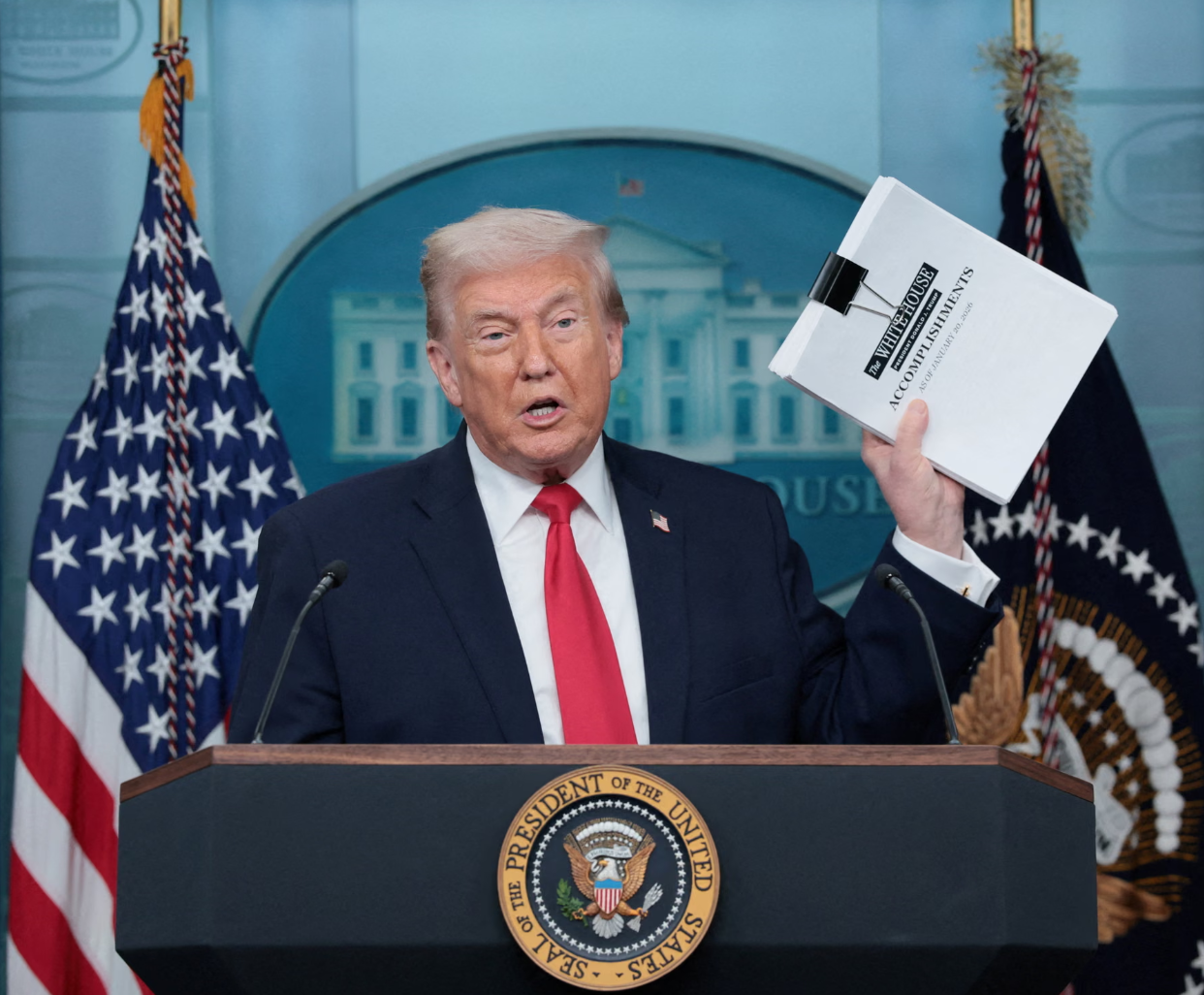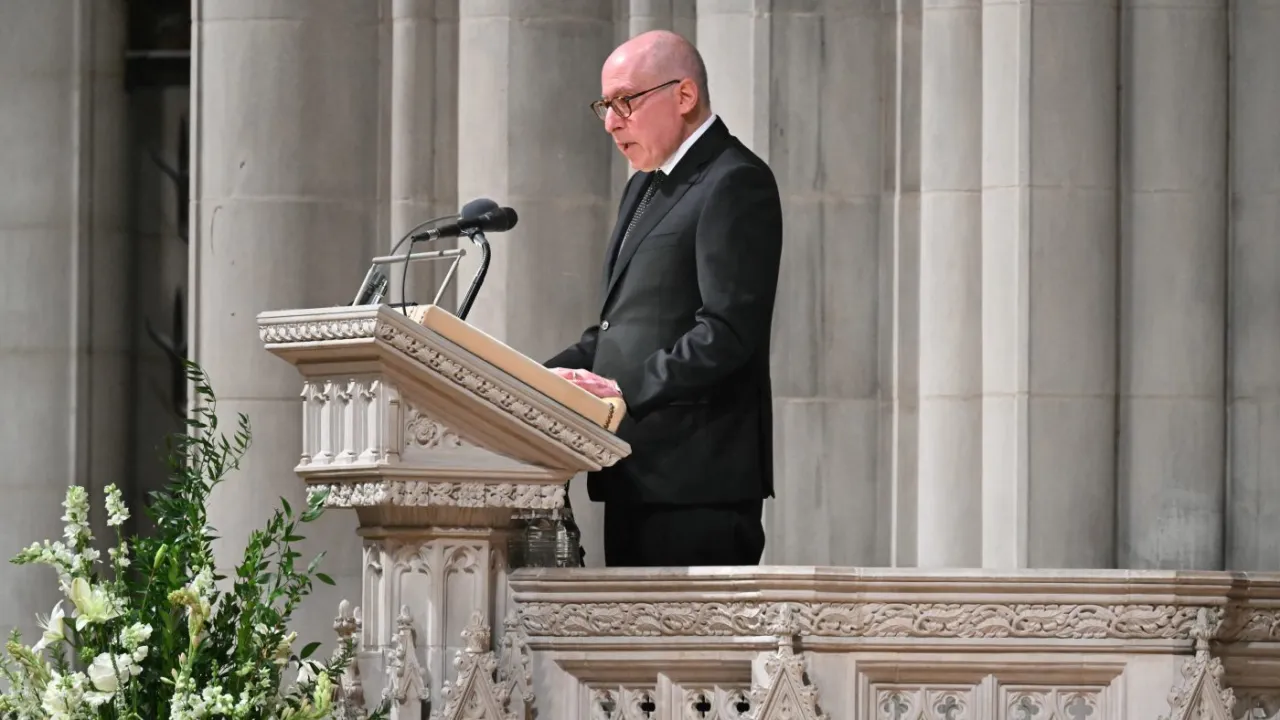American Lung Association’s State of the Air report states nearly 131 million people are exposed to ozone and particle pollution
Nearly four in 10 people in the US are exposed to unhealthy levels of air pollution, a new report has found. Four of the five most polluted cities are in California, where wildfires, drought and extreme heat are driving the rise in hazardous air quality.
More than 131 million people are exposed to harmful ozone and particle (PM 2.5) pollution, according to the American Lung Association’s annual State of the Air report. That figure, which incorporates new, more stringent federal standards for particle pollution, represents an 11.7 million increase from the previous year.
Exposure to these pollutants can raise the risk of lung and heart disease, asthma attacks, as well as reproductive ailments.
“Climate change is not remote, it’s not an abstraction. It is a reality impacting the health of millions of people from coast to coast every year,” said Paul Billings, senior vice-president for advocacy at ALA.
Since the passing of the Clean Air Act in 1970, the combined emissions of six widespread air pollutants including PM 2.5 dropped by 78%, according to the EPA. But in recent years, pollution from wildfire smoke has reversed the improvements to air quality stemming from federal protections.
In the 25 most polluted cities – among them Fairbanks, Alaska; Boise, Idaho; and Eugene, Oregon – the average number of days that residents were exposed to unhealthy levels of particle pollution increased by two to an average of nearly 21 days. “The number of very unhealthy and hazardous days has skyrocketed,” Billings said. “They are signaling the magnitude of wildfires, and the impact they’re having on public health.”
California tops the list of states with the most polluted metropolitan areas, followed by Arizona, Colorado, Nevada, New Mexico and Texas. For the fifth year in a row, Bakersfield, California, has the nation’s highest year-round particle pollution, while Los Angeles has the worst ozone pollution, or smog.
People of color are more than twice as likely to live in counties with failing air quality, a legacy of racist zoning practices that allowed industrial plants, shipping ports and major highways to be placed in marginalized neighborhoods.
“A lot of that has roots in historical redlining,” said Albert Presto, a professor of mechanical engineering at Carnegie Mellon University. “People of color are more likely to be living near an industrial area or a highway, and therefore have higher [pollution] exposure.”
Bangor, Maine; Honolulu, Hawaii; and Wilmington, North Carolina, were the cities found to have the nation’s cleanest air.
Last month the Biden administration announced new standards to reduce tailpipe emissions from diesel-powered trucks and cars. Billings said he would also like to see the administration take on ozone standards, which were last updated in 2015.
“This is the one thing we cannot control as individuals,” said Afif El-Hasan, a pediatrician in Orange county, California, and member of the American Lung Association. “What’s out there is what we have to breathe. And we need a concerted effort to make sure that air is healthy.”




